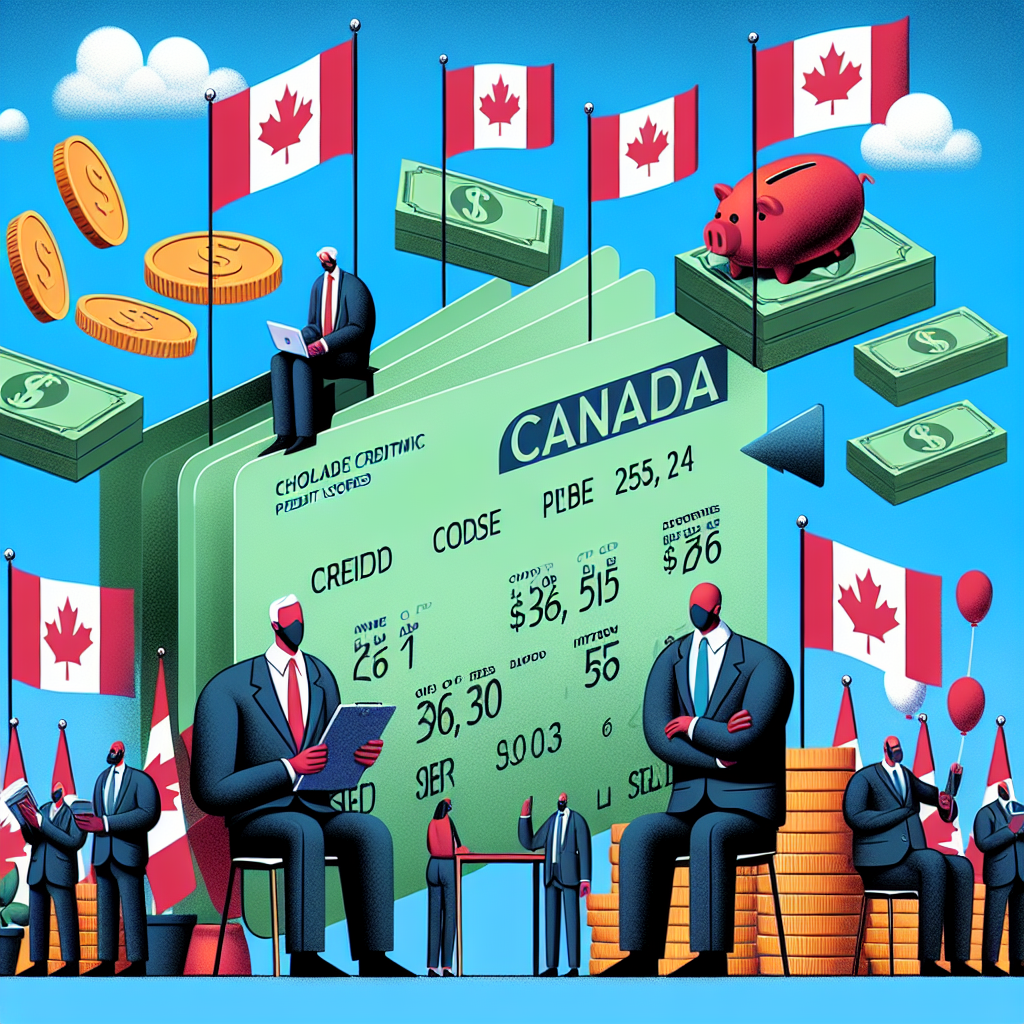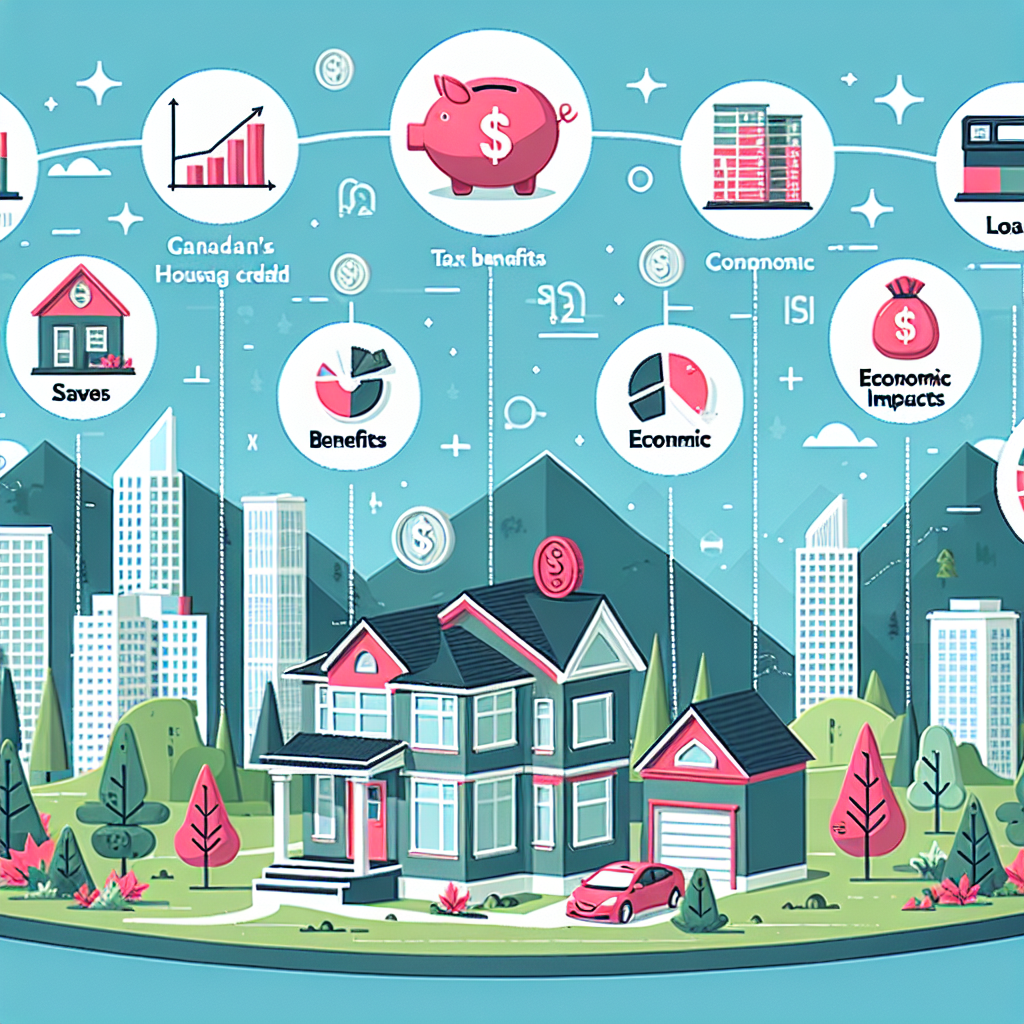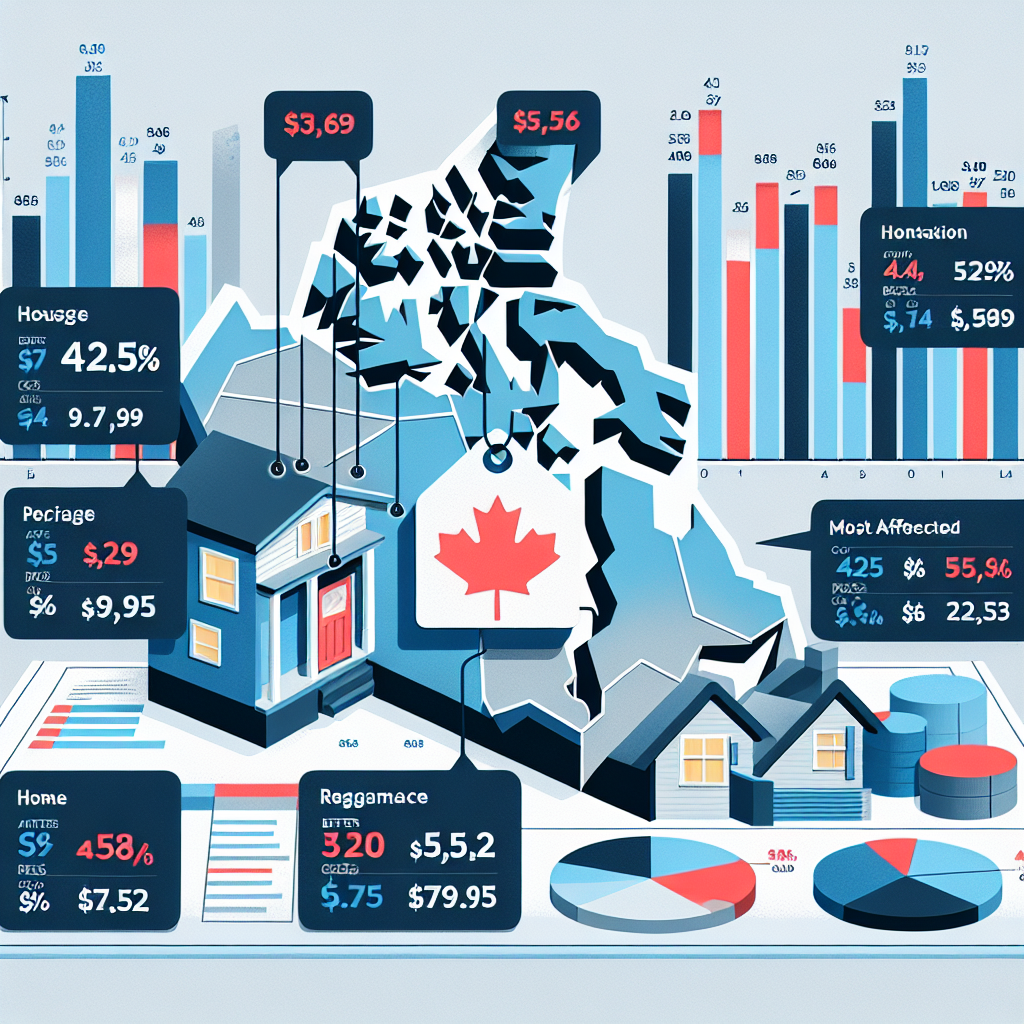===
The impact of 2024 economic policies on Canadian credit scores is a pressing concern for many Canadians facing a landscape of fluctuating interest rates and evolving financial regulations. As individuals navigate the complexities of credit management, they can feel overwhelmed by the potential consequences of government decisions on their financial futures. Understanding how these policies interact with personal credit can empower Canadians to make informed choices that safeguard their financial health. This article delves into the nuances of economic policies in 2024, illuminating how they will affect credit scores and providing actionable strategies for maintaining robust credit.
Understanding the Impact of 2024 Economic Policies on Credit
The Canadian economy is poised for significant changes in 2024, driven mainly by new fiscal and monetary strategies aimed at fostering recovery and sustainability. As the government introduces measures to stimulate economic growth, the implications for credit scores will be far-reaching. Policies targeting housing, employment, and consumer spending will influence lending behaviors, which in turn can impact the creditworthiness of individuals. A keen understanding of these dynamics is essential for anyone looking to maintain or improve their credit rating.
Credit scores are fundamentally influenced by lending practices, and 2024 is likely to see banks and financial institutions adjusting their risk assessment strategies. For example, tightened lending criteria may emerge in response to anticipated economic fluctuations, potentially squeezing the credit availability for some borrowers. This could result in increased competition among applicants, further complicating the credit landscape. By grasping the intricacies of these policy changes, Canadians can better position themselves to navigate this evolving environment.
Moreover, any shifts in the unemployment rate, a key economic indicator, can reverberate through the credit score system. Elevated unemployment levels can lead to higher default rates on loans, prompting lenders to reassess their credit approval processes. This fluid situation highlights the necessity for Canadians to stay informed about economic policies and their potential ramifications, ensuring they can take proactive steps to mitigate any adverse effects on their credit scores.
Key Changes in Canadian Financial Regulations This Year
In 2024, the Canadian government is expected to implement several significant changes to financial regulations that will directly impact credit management. One of the primary shifts will be the introduction of stricter guidelines for loan approvals, particularly in high-risk sectors such as real estate. This could lead to increased scrutiny on applicants’ credit histories, making it more crucial than ever for Canadians to maintain a clean slate when it comes to their credit profiles.
Another notable regulatory change involves the enforcement of new transparency requirements for lenders. These measures aim to provide consumers with clearer information regarding their borrowing terms and potential risks associated with various financial products. Enhanced transparency can empower Canadians to make better-informed decisions while also fostering a competitive market among lenders. However, it may also expose individuals with lower credit scores to higher interest rates, thereby complicating their financial situations.
Additionally, the regulations concerning collection practices are anticipated to undergo revisions, which could alter how lenders pursue unpaid debts. Stricter consumer protection laws could mitigate aggressive debt collection tactics, but they may also result in slower recovery for lenders. As a result, those with credit issues may find themselves facing additional challenges in regaining their credit standing. Understanding these regulatory shifts can equip Canadians with the knowledge needed to navigate their credit journeys effectively.
How Inflation and Interest Rates Influence Credit Scores
Inflation and interest rates are two critical factors that will shape the financial landscape in Canada in 2024. With inflation rates expected to remain volatile, the cost of living may increase, straining household budgets and potentially leading to increased default rates on loans. Higher inflation can erode purchasing power, prompting consumers to rely more heavily on credit, which can have long-term effects on credit scores if not managed wisely.
Interest rates, closely linked to inflation, are also set to fluctuate as the Bank of Canada responds to economic conditions. Increased interest rates can lead to higher monthly payments for variable-rate loans, pushing some borrowers to the brink of financial hardship. As more individuals struggle to make timely payments, the overall credit environment may tighten, impacting the scores of those who either miss payments or are forced to take on more expensive credit options.
Conversely, the rise in interest rates can also serve as a wake-up call for consumers to prioritize credit health. With the costs of borrowing climbing, Canadians may become more deliberate in their financial decision-making, focusing on paying off high-interest debts and managing credit utilization ratios. By understanding these economic dynamics, Canadians can adopt a proactive approach to their financial health, ensuring their credit scores remain robust during uncertain times.
Strategies for Canadians to Maintain Healthy Credit Ratings
Given the shifting economic landscape in 2024, Canadians must adopt proactive strategies to maintain their credit scores. One effective approach is to regularly review credit reports for inaccuracies or outdated information that could negatively impact scores. By disputing errors promptly, individuals can safeguard their creditworthiness and ensure their scores reflect their true financial habits.
Another critical tactic involves establishing a budget to manage expenses effectively, particularly in an inflationary environment. By tracking spending and prioritizing debt repayment, Canadians can avoid falling into the trap of excessive borrowing. Strategies such as the snowball or avalanche methods can help individuals systematically reduce debt while also improving their credit utilization ratios, both of which positively influence credit scores.
Lastly, leveraging credit responsibly is vital in maintaining a healthy credit rating. Canadians should avoid unnecessary credit inquiries and strive to keep credit utilization below 30% of their available limits. Additionally, establishing a mix of credit types—like revolving accounts and installment loans—can enhance credit profiles. By implementing these strategies, individuals can better navigate the repercussions of economic policies and ensure their credit scores remain resilient.
===
As 2024 unfolds, understanding the impact of economic policies on Canadian credit scores becomes essential for anyone looking to secure their financial future. By staying informed about the evolving landscape, Canadians can take preemptive action to mitigate risks and maintain their credit health. Implementing the strategies outlined in this article will not only empower you to manage your credit profile effectively but also enhance your overall financial resilience. Embrace these insights and take charge of your credit journey today!
Navigating Credit Report Corrections in Canada: 2024 GuideExploring 2024 Options for Canadian Credit Card Debt ConsolidationDebunking 2024 Myths About Canadian Credit ScoresRelevant LinkRelevant LinkRelevant LinkNavigating Credit Report Corrections in Canada: 2024 GuideExploring 2024 Options for Canadian Credit Card Debt ConsolidationDebunking 2024 Myths About Canadian Credit ScoresRelevant LinkRelevant LinkRelevant LinkNavigating Payday Loans in Canada: A Bad Credit DilemmaExploring Alberta’s Online Payday Loan Landscape: Risks and RealitiesNavigating the Payday Loan Landscape in Victoria, BCRelevant LinkRelevant LinkRelevant Link


